Digital Teaching: Insight, Impact, Introspection
About the event
Get ready for an inspiring day of learning, collaboration, and innovation at the Anthology Digital Teaching Symposium 2025. Join us virtually on November 13, 2025, for this free, one-day event that brings together higher education faculty and teaching professionals from around the world to explore the latest insights and strategies shaping the future of digital teaching and learning.
Now in its ninth year, the Digital Teaching Symposium (DTS) is designed to connect educators, spark ideas, and showcase innovative practices in today’s ever-evolving teaching environment. Through peer-led sessions, you’ll discover how colleagues across the globe are harnessing technology to create engaging, inclusive, and personalized learning experiences that meet the expectations of today’s students.
Whether you’re looking for practical strategies, fresh perspectives, or opportunities to connect with peers, DTS offers a full day of interactive sessions to help you navigate, excel, and thrive in higher education today—and in the years ahead.View Agenda & Speakers
Who is this event for?
Educators! Whether you're a full- or part-time faculty member, teacher, lecturer, instructional designer, learning technologist, or fill any other instructional role, this free professional development event will further your familiarity and understanding of what education technology can make possible today.
Sessions are offered in English and Spanish and will take place across major time zones to ensure that all who are interested around the globe can attend.
Key learning outcomes
- New approaches for feedback, assessment, and student-centered course design
- Actionable teaching strategies you can use right away
- Techniques to make courses more inclusive and accessible for every learner
- Insights on how AI tools are shaping digital pedagogy and the student experience
- Opportunities for reflection, discussion, and connection that support both professional growth and well-being
Stay tuned as we unveil our two keynote speakers and full agenda in the coming weeks.
